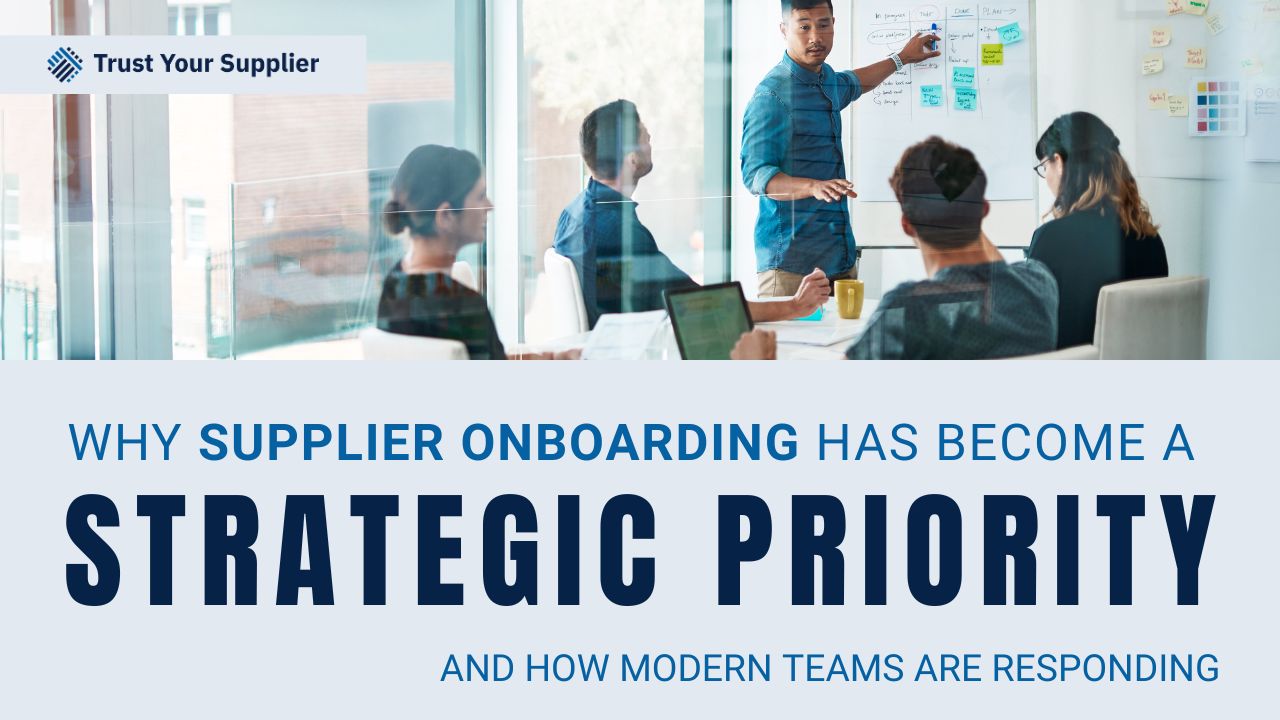
Search our Posts

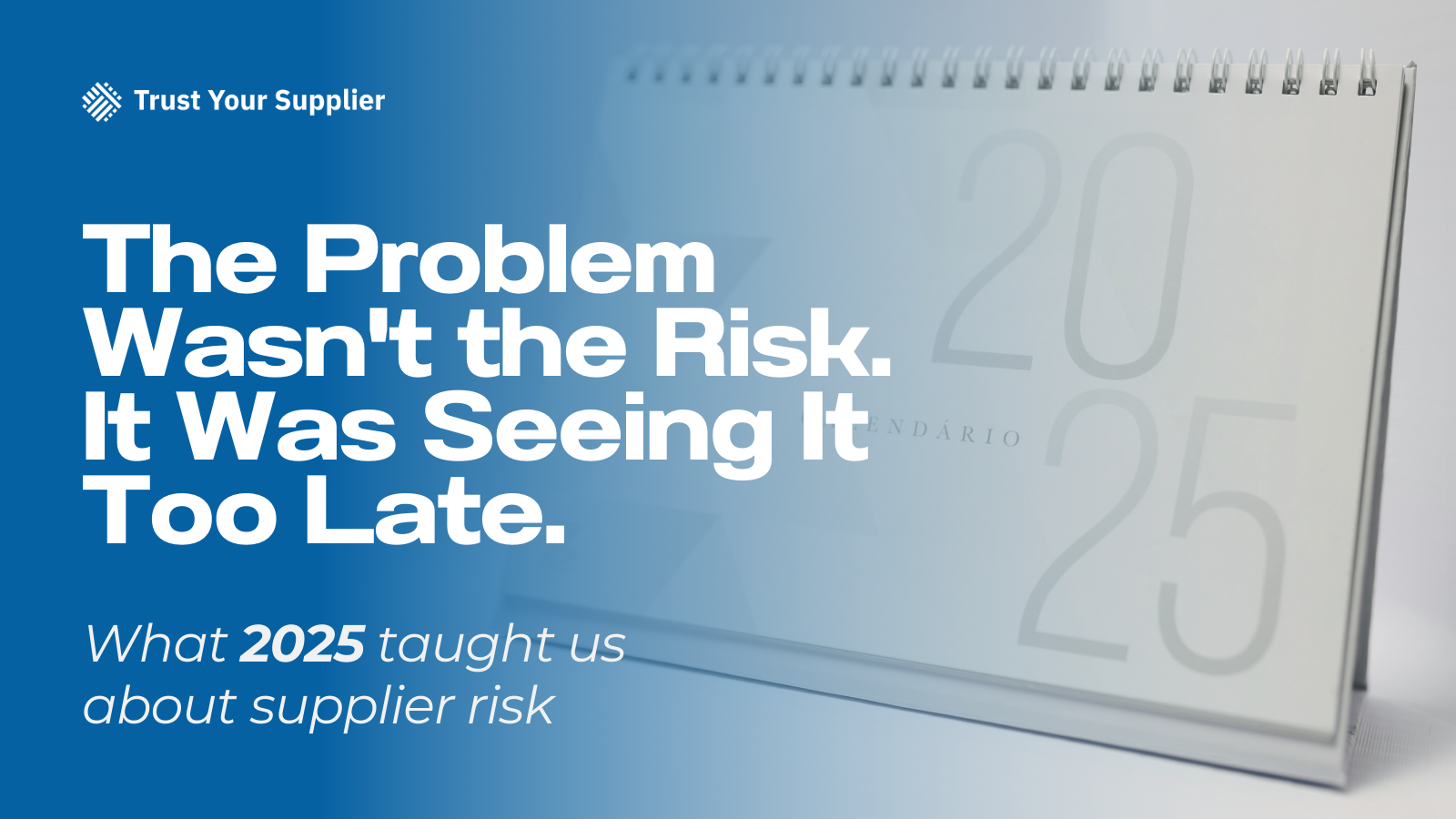
What 2025 Taught Us About Supplier Risk: Three Critical Shifts
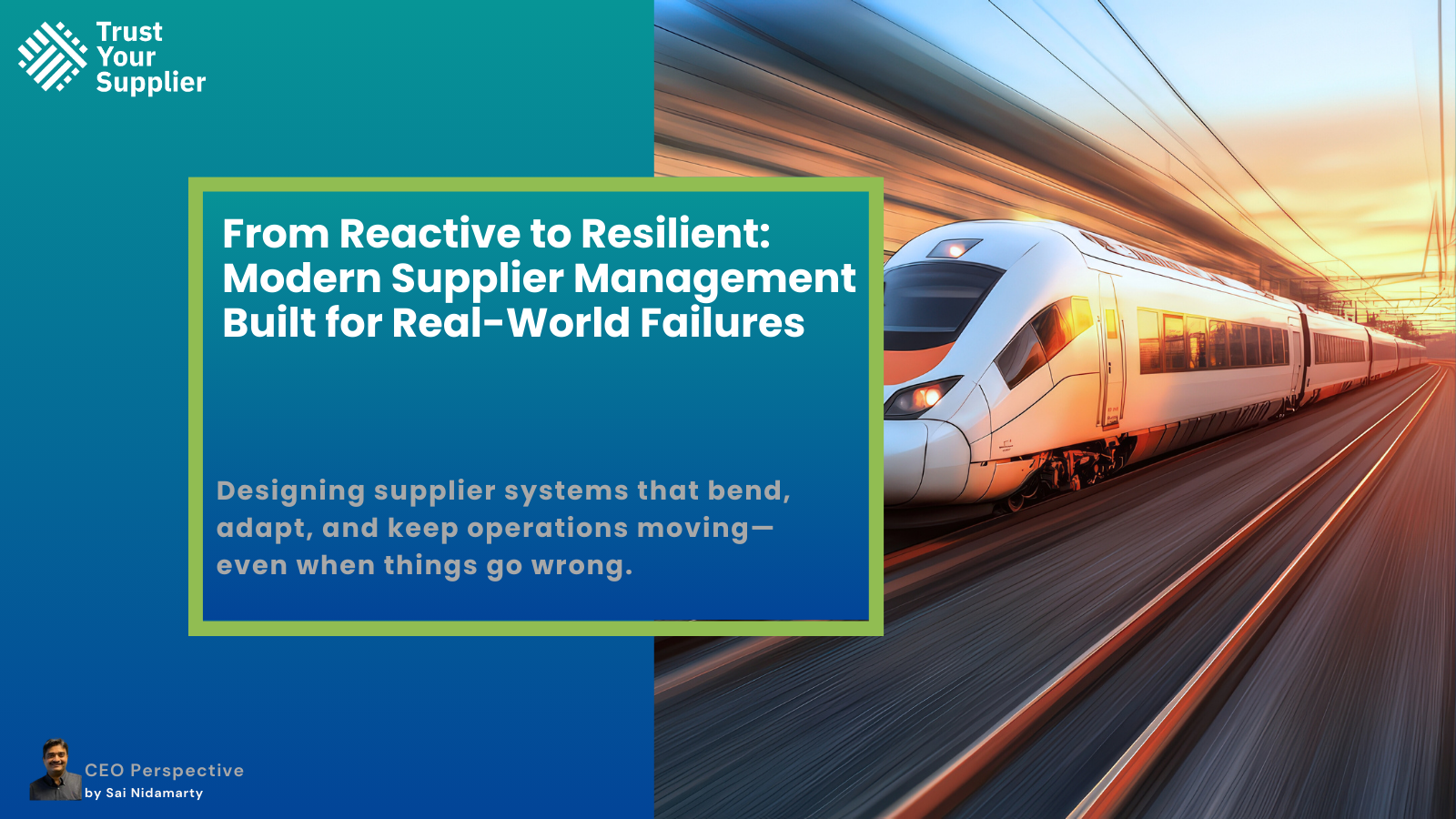
From Reactive to Resilient: Modern Supplier Management Built for Real-World Failures
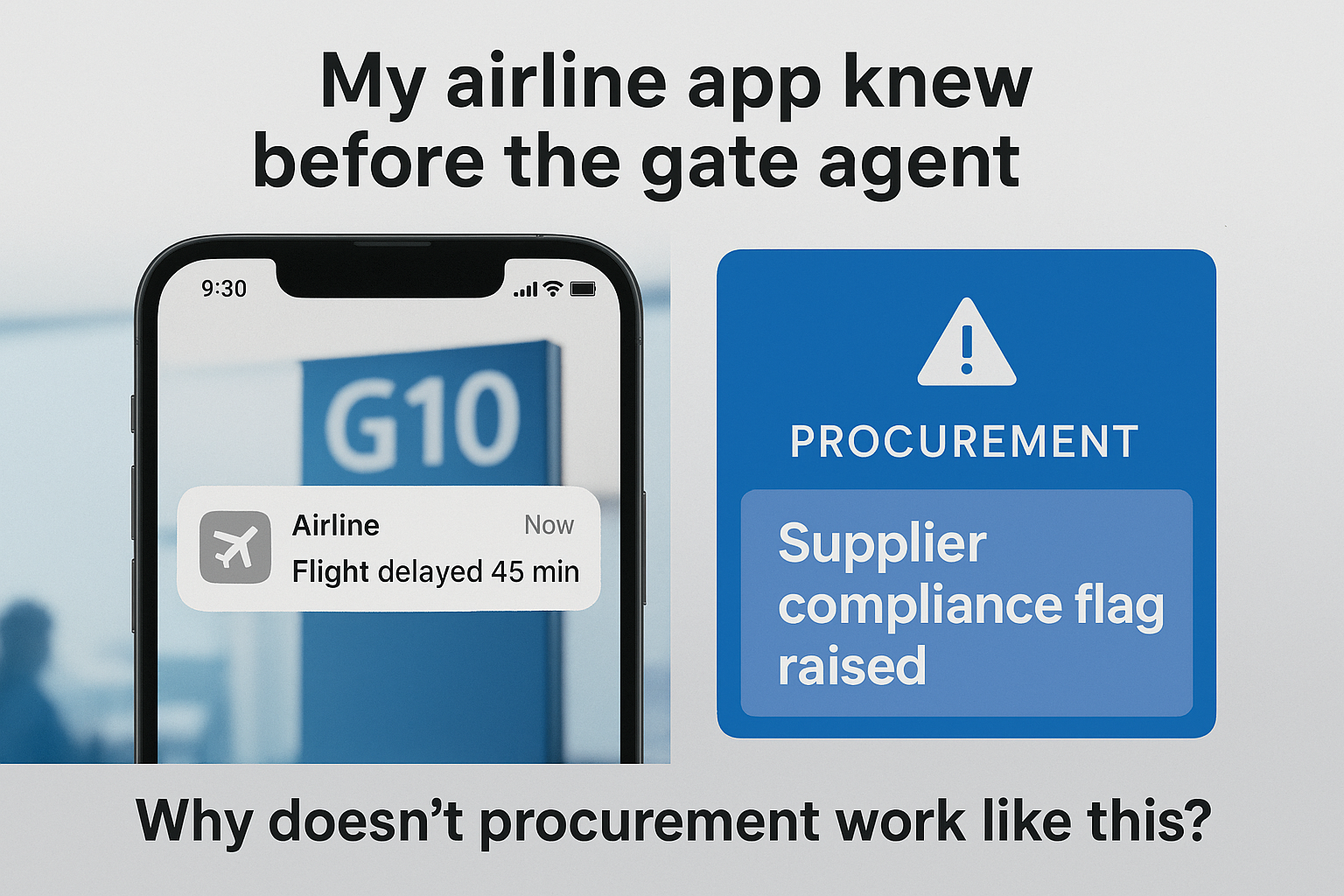
When Your Airline App Is Smarter Than Your Supplier Management System
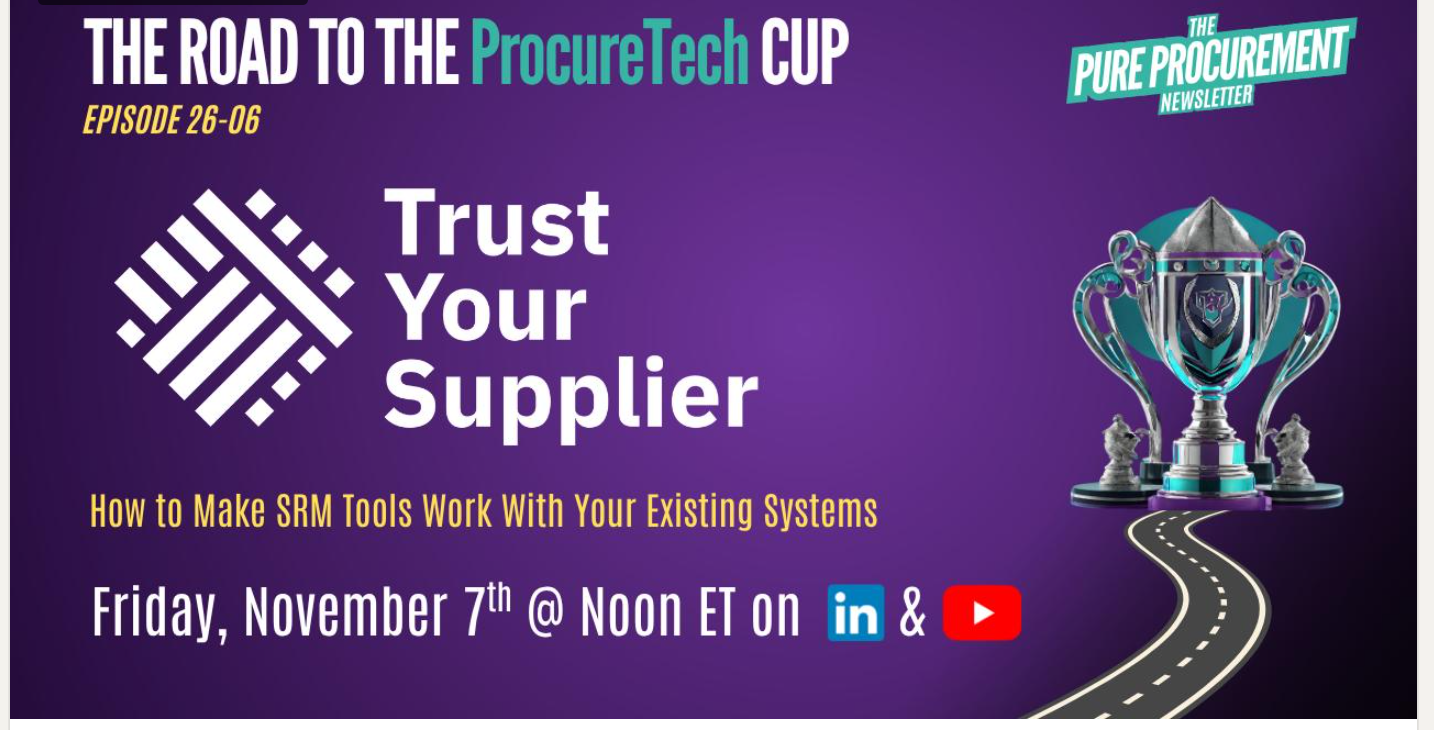
Bridging Platforms for Smarter Procurement: TYS Presents on LinkedIn Live “The Road to the ProcureTech Cup”
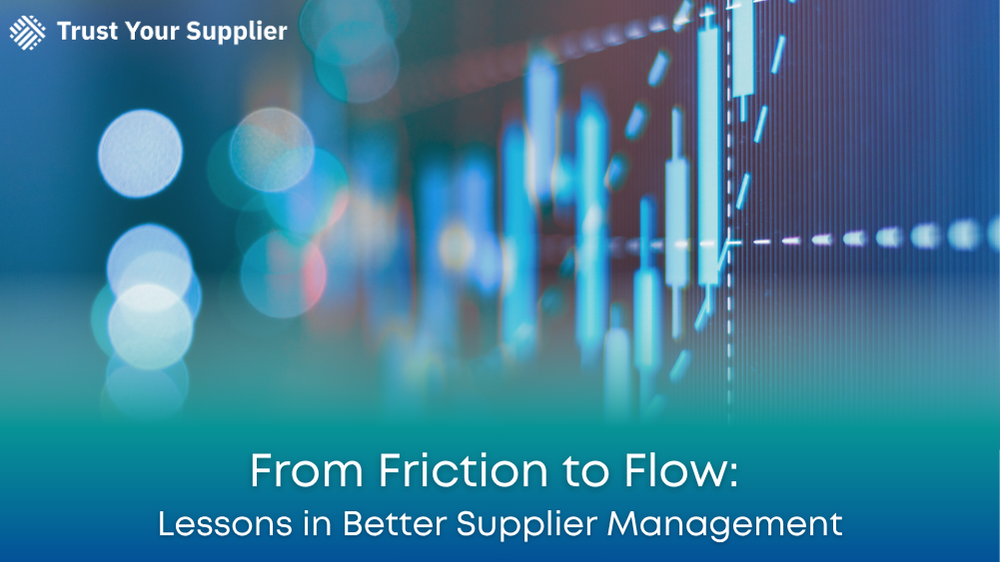
From Friction to Flow: Lessons in Better Supplier Data Management
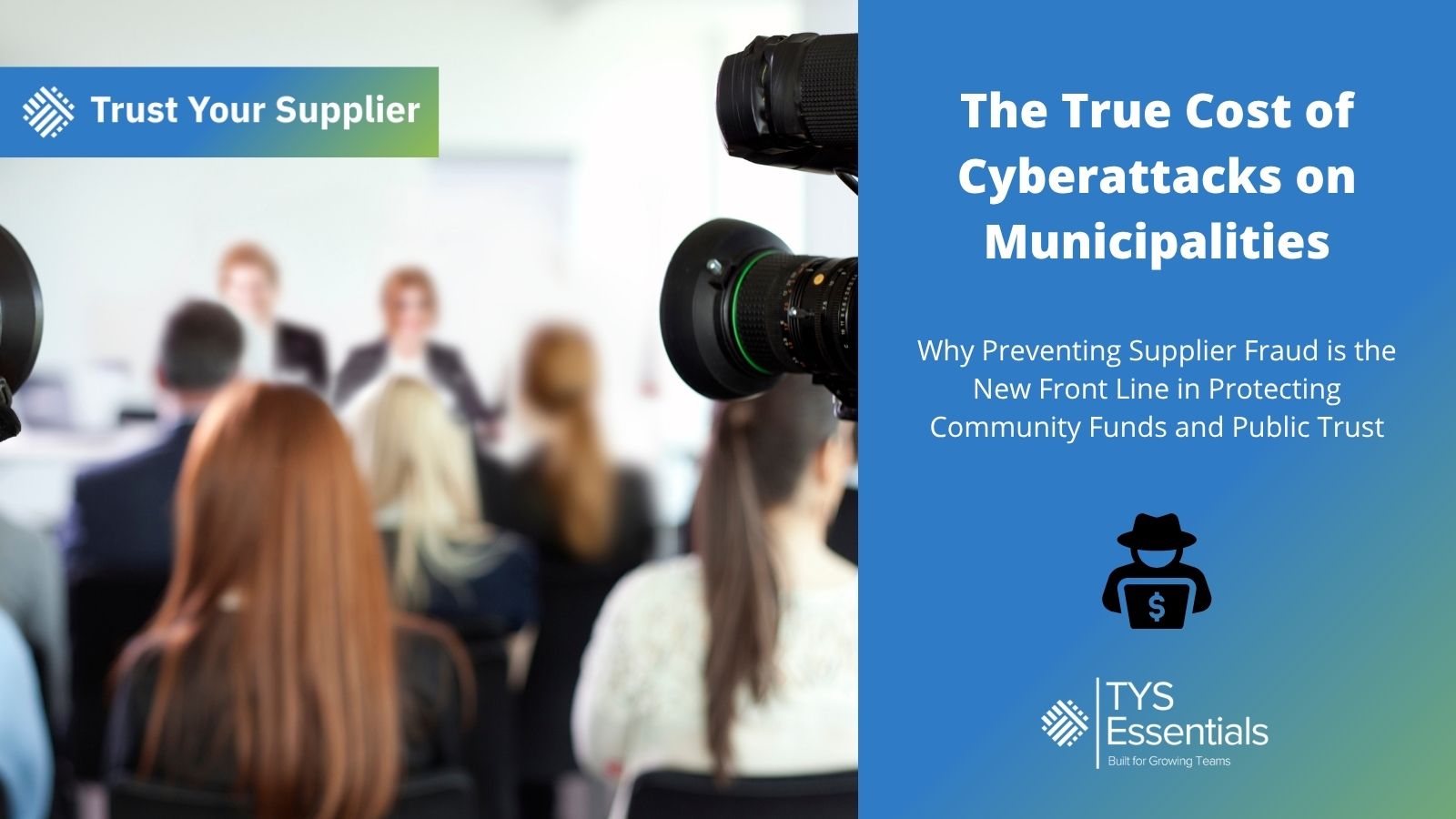
The True Cost of Cyberattacks on Municipalities
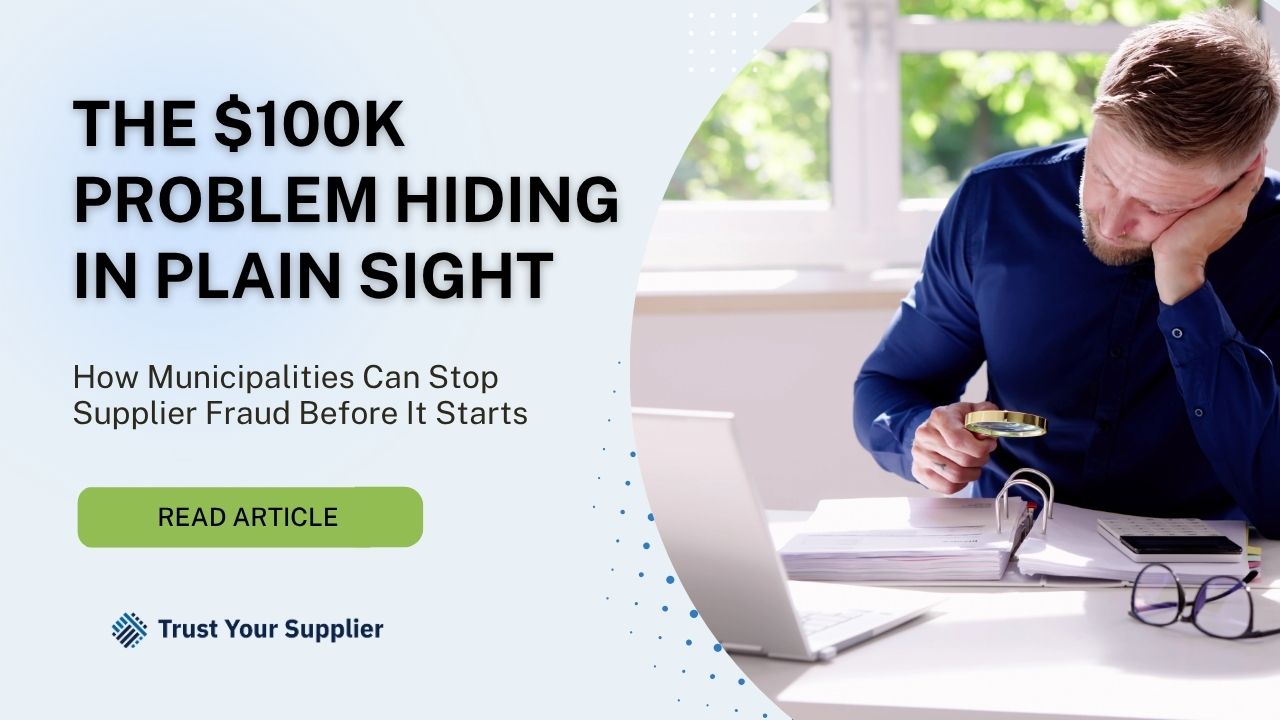
The $100K Problem Hiding in Plain Sight: How Municipalities Can Stop Supplier Fraud Before It Starts
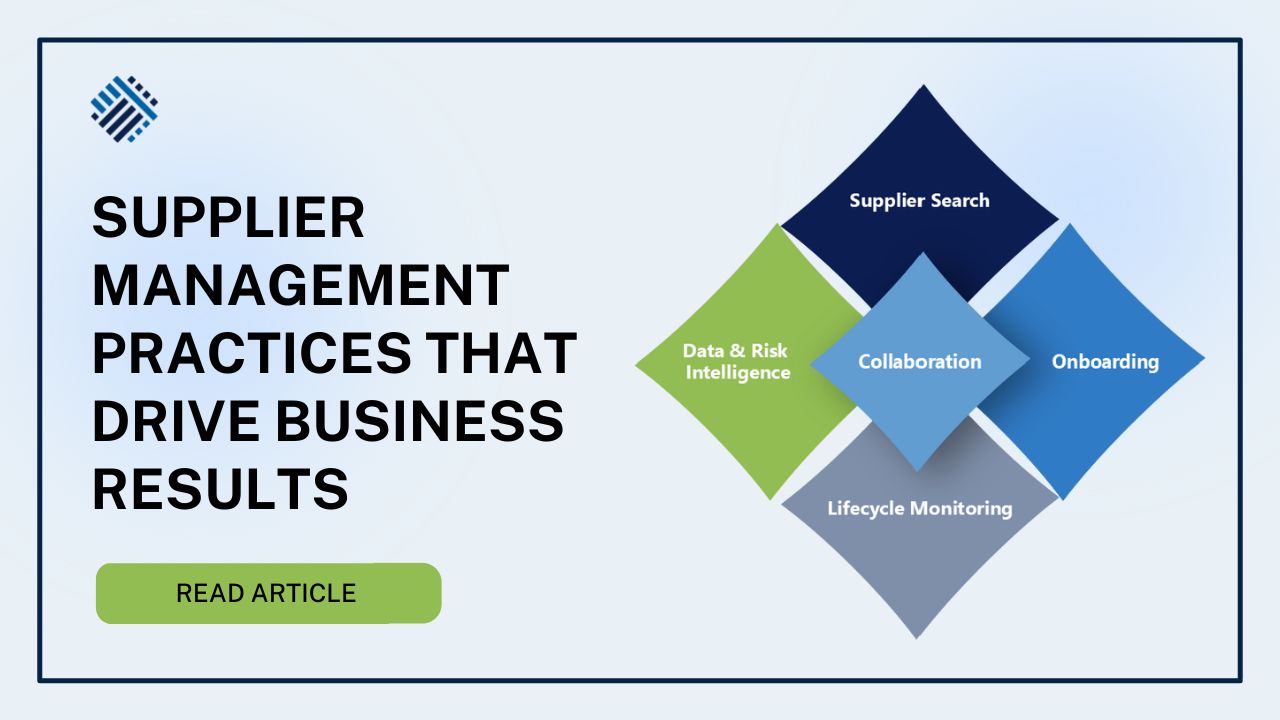
Good Supplier Management Practices That Drive Business Results

